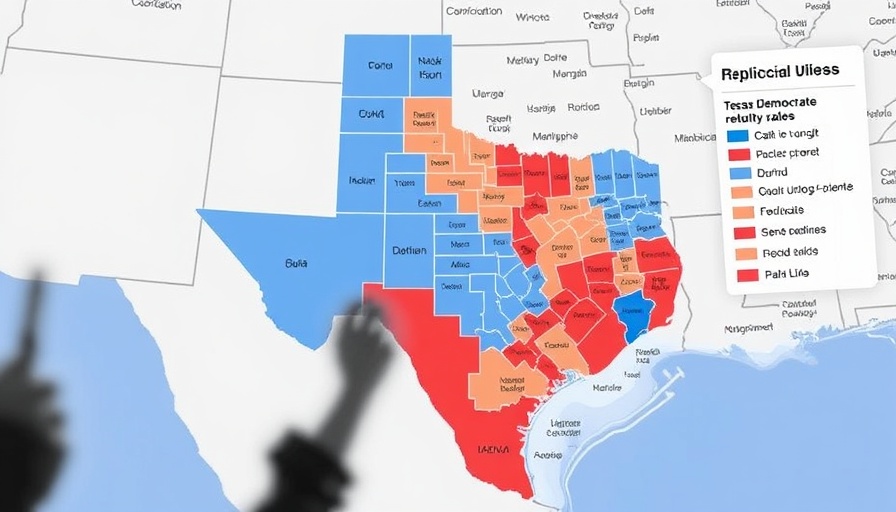
A Long Fight for Justice: The McKinney Case
In a significant ruling, a federal judge mandated that the City of McKinney pay nearly $60,000 to Vicki Baker, a former resident whose home was severely damaged during a SWAT standoff in 2020. This ruling marks the end of a long and arduous legal battle which underscored the interplay between law enforcement actions and property rights.
The SWAT Standoff Incident
The saga began in July 2020 when a fugitive barricaded himself inside Baker’s home. Despite her pleas for the SWAT team to minimize damage, the standoff resulted in extensive property destruction. Baker found herself facing over $60,000 in repairs, and to her shock, the city initially denied any responsibility for the damages.
A Community Rallying Point
Baker’s fight for compensation turned into a rallying point not just for her, but for many else in similar situations. With the support of the nonprofit Institute for Justice, Baker sought to highlight an important legal principle: when the government destroys private property—whether for good intentions or not—it ought to compensate the affected party. In a society where individual rights are often at odds with public safety measures, this case shines a light on just how crucial it is for legal recourse to reflect fairness and justice.
Determination Pays Off
Though years passed with back-and-forth legal discussions and an initial subpar settlement offer from McKinney, Baker remained steadfast. Her resolve not only facilitated a personal victory but also served to question how public service responsibilities intersect with respecting taxpayers' rights. Throughout this period, Baker navigated personal challenges, including cancer treatment, while still managing to pursue legal justice.
Implications for Future Cases
The outcome of Baker's case holds significance beyond her individual situation. It could potentially set a precedent that affects how municipalities handle similar scenarios in the future. As she and her lawyer pointed out, it is fundamental that people affected by government actions are treated fairly and compensated appropriately.
A Glimmer of Hope
As news of her win spread, Baker reflected on her journey: “I'm feeling very blessed. I'm feeling very happy. It's been almost five years.” This sentiment echoes a broader hope that others who have faced similar injustices might feel empowered to seek accountability.
The Bigger Picture: What’s at Stake?
The ruling also emphasizes the delicate balance between individual property rights and public safety operations. With increasing incidents where law enforcement's actions lead to unintended consequences for civilians, it becomes paramount to establish protocols that protect the interests of property owners. The McKinney ruling sends a clear message: cities must be prepared to address the fallout from their decisions effectively.
What Citizens Can Learn from Baker's Fight
This case serves as a reminder that community members can unite behind a cause, demanding change from local governments. For those in similar circumstances, Baker’s journey inspires citizens to seek the assistance of legal advocates and civic organizations. It also highlights the power for change that exists when individuals stand firm against institutions when they feel wronged.
In closing, the ruling reflects currents of change within local governance, where transparency and accountability must become the norm rather than the exception. As stakeholders from various sectors engage in this conversation around property rights and public safety, it’s clear that the outcomes of such discussions will resonate for years to come.
 Add Row
Add Row  Add
Add 




Write A Comment